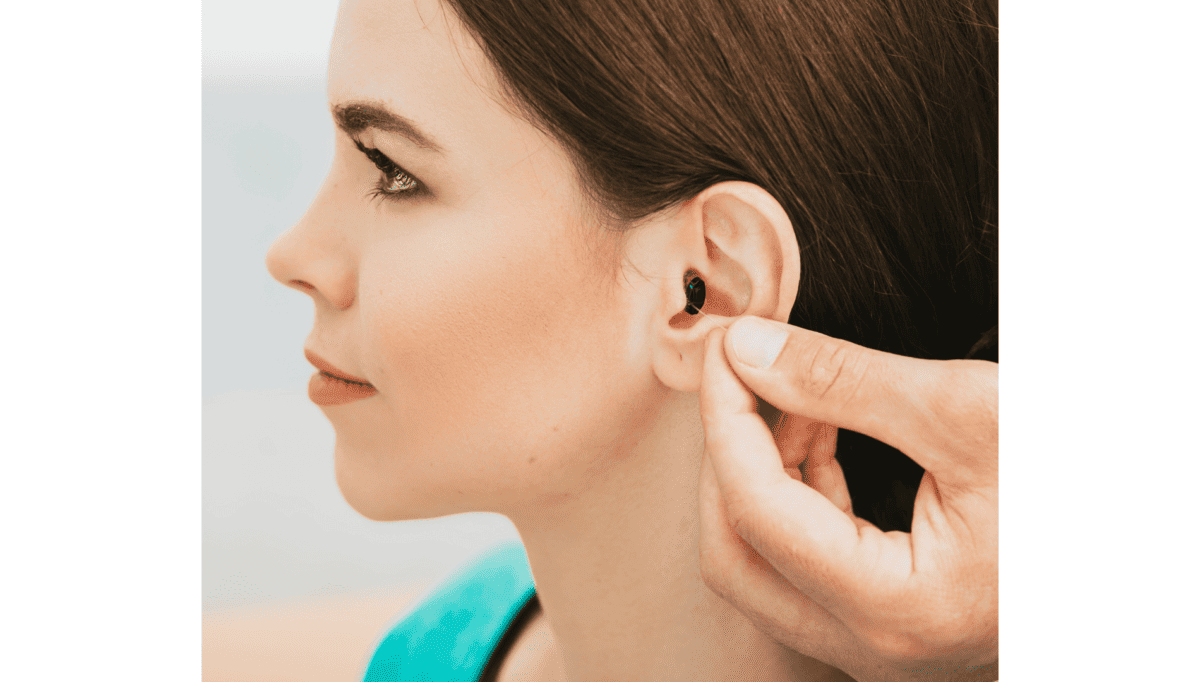- The Impact of Hearing Aids on Veterans’ Lives - February 15, 2024
- Hearing Health: A New Year’s Resolution for a Vibrant Life - January 16, 2024
- Unraveling Misconceptions About Hearing Loss - December 12, 2023
Hearing health specialists are acutely aware of the profound impact hearing loss can have on a person’s life. Our auditory system is an intricate marvel, allowing us to connect with the world through sound. Yet, it is also fragile and susceptible to age-related changes and environmental factors. Fortunately, the field of audiology has witnessed remarkable advancements in hearing loss prevention, diagnosis, and management. In this article, we will explore how to recognize when it’s time to update your hearing aids, incorporating recent research, futuristic interventions, and the significance of early detection.
The Importance of Early Detection
Before delving into when to update your hearing aids, let’s emphasize the importance of early detection. Hearing loss is often gradual, and individuals may not even realize the extent of their impairment until it significantly impacts their daily life. Regular hearing screenings, particularly for those over the age of 50, can detect changes early, allowing for timely intervention.
Recent research has underscored the link between untreated hearing loss and various health concerns, including cognitive decline, social isolation, and depression. Cognitive functions may decline faster in individuals with untreated hearing loss, making early intervention not only vital for hearing health but for overall well-being.
Advancements in Prevention
Prevention is always the best approach, and recent developments in this area are promising. Noise-induced hearing loss (NIHL), a common type of hearing impairment, can be prevented through increased awareness and protective measures. Innovative noise-canceling technologies are now available in hearing aids, allowing users to enjoy environments with loud sounds without compromising their hearing.
Additionally, researchers are exploring gene therapies and pharmaceutical interventions that may someday protect against age-related hearing loss. While these treatments are not yet widely available, they offer hope for the future.
Cutting-edge Diagnosis Techniques
Accurate diagnosis is the cornerstone of effective hearing care. Traditional audiometric tests are still crucial, but advancements in diagnostic techniques have made the process more precise.
One notable development is the use of artificial intelligence (AI) in audiology. AI algorithms can analyze vast amounts of data to detect subtle changes in hearing, often before they are noticeable to the individual. This enables hearing health professionals to offer personalized treatment plans and hearing aid adjustments sooner.
Furthermore, teleaudiology has gained prominence, allowing for remote hearing assessments and consultations. This technology has been especially valuable during the COVID-19 pandemic, making audiological care accessible even in challenging circumstances.
When to Update Your Hearing Aids
Now, let’s address the question at hand: when should you consider updating your hearing aids? While hearing aids are designed to last for several years, there are several factors to consider:
Changes in Hearing:
If you notice a decline in your hearing ability or experience discomfort with your current hearing aids, it’s time for an evaluation. Modern hearing aids can be fine-tuned to match your evolving needs.
Technological Advancements:
Hearing aid technology evolves rapidly. Newer models may offer improved features such as better noise reduction, connectivity to smartphones and other devices, and longer battery life. Staying up-to-date with these advancements can enhance your overall experience.
Physical Condition:
Over time, wear and tear can affect the physical condition of your hearing aids. If you notice cracks, corrosion, or other damage, consult your hearing health professional for repairs or replacements.
Lifestyle Changes:
Significant lifestyle changes, such as a new job or a move to a noisier environment, may require adjustments to your hearing aids or a transition to a different type of device.
Future Horizons
Looking ahead, the future of audiology holds exciting possibilities. Researchers are exploring regenerative therapies that could restore damaged hearing cells, potentially reversing some types of hearing loss. While these interventions are in their infancy, they offer hope for those with profound hearing impairments.
Additionally, wearable technology, such as smart glasses with integrated hearing aids, may become more commonplace. These devices could provide seamless access to both visual and auditory information, further enhancing the quality of life for individuals with hearing loss.
Staying attuned to your hearing health is essential for a fulfilling life. Advances in prevention, diagnosis, and management of hearing loss have opened new avenues for individuals to maintain their hearing health and improve their quality of life. Early detection remains a cornerstone of effective intervention, and regular check-ups with your hearing health professional is crucial.
Knowing when to update your hearing aids involves monitoring changes in your hearing, staying informed about technological advancements, and heeding the recommendations of your hearing care professionals. With these considerations in mind, you can navigate the ever-evolving soundscape and continue to enjoy the beauty of the world of sound.

